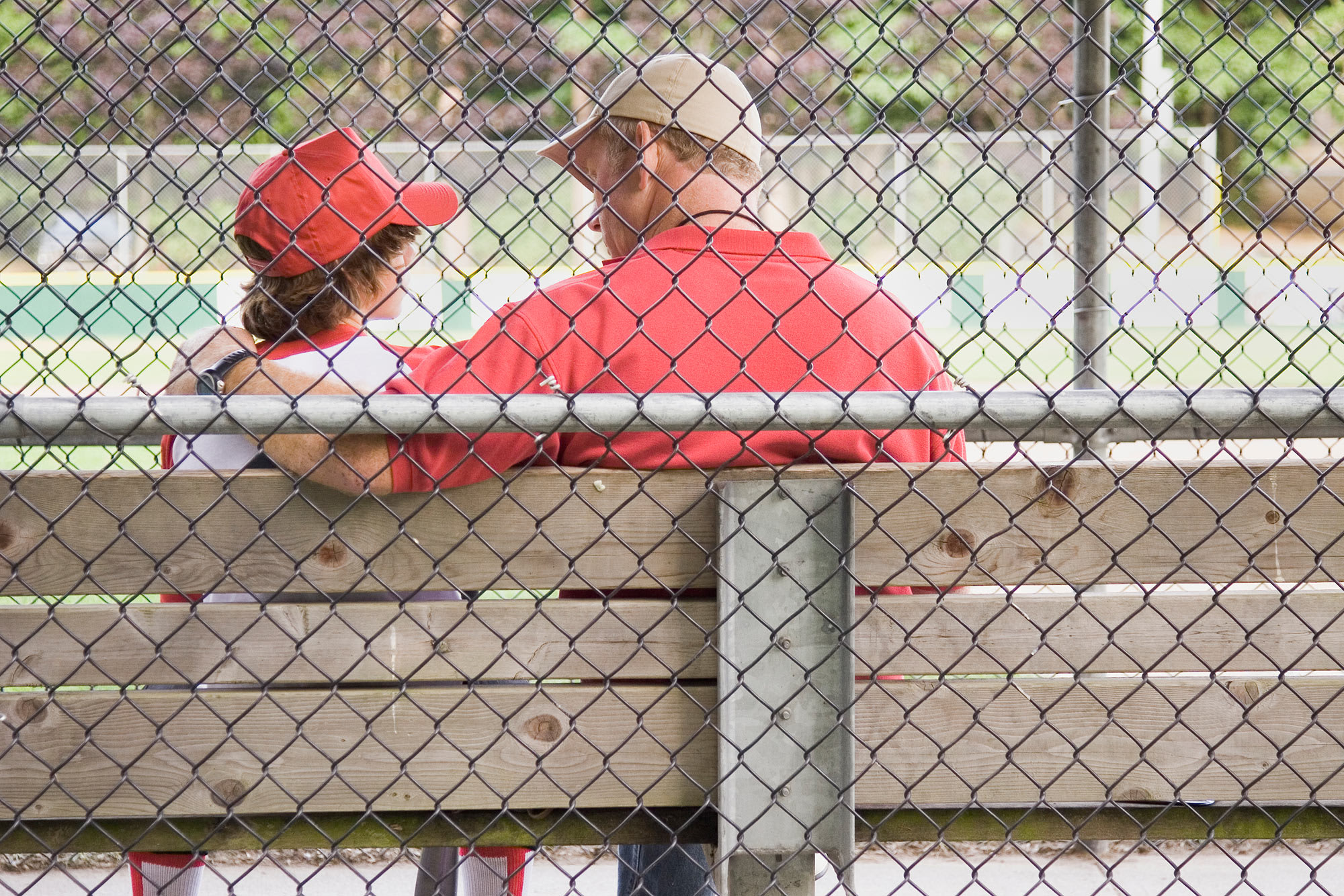
Both on and off the field, one of the most important aspects of the Little League® program is the mental health and well-being of its youth athletes. Navigating how to best protect a child’s mental health and support their mental well–being can be challenging, but it is possible with resources, guidance, and tools.
Dr. Kensa Gunter is a licensed psychologist and certified mental performance consultant (CMPC) through the Association for Applied Sport Psychology (AASP). Based in Atlanta, Georgia, Dr. Gunter provides counseling, mental performance, and consultation services to individuals, teams, and organizations, including Little League International, where she has served on the Board of Directors since 2021.
Here are six ways parents, families, and LL volunteers, can help young athletes understand mental health and well-being and guide them during their most formative years:
Create Space for Your Kids’ Emotions and Feelings
“It’s important to understand that our emotions and feelings are a natural and normal part of our human experience, for kids and adults. Sometimes, when we think about processing or dealing with emotions, we think it means stuffing them away or not giving voice to them because we don’t know how to express them, we don’t want to be vulnerable, or we don’t want to feel “bad.” No emotion is a bad emotion,” said Dr. Gunter. “So, for parents it is about creating space for your kids’ emotions by first normalizing and acknowledging your own emotions. If you feel stressed in a stressful situation, that’s a normal reaction. If you feel overwhelmed in an overwhelming situation, that’s a normal reaction. Parents need to first give themselves permission and grace for the range of their emotional experiences which can help them in extending grace, compassion, and understanding to their kids, as well.”
Discussing Change with Your Kids
“A lot has changed in the last few years, and it is important for parents in these conversations (about change) with their children to acknowledge how things have shifted and how that might have impacted their kids,” said Dr. Gunter. “As adults we don’t often give enough credit to the feelings and experiences that the kids are actually having. This is a mistake because similar to adults, kids experience the world around them and have reactions to it. So, addressing the change, naming it, and allowing space to have a conversation with your kid about it, gives them permission to talk about what they are feeling and gives parents an opportunity to listen and learn rather than telling kids how to feel.”
Expanding Our Definition of Success
“Certainly, we know wins and losses are one way to measure success, in-game player statistics are another. But, by expanding our definition, success can also be measured by other factors that are more intangible and overlooked such as being a good teammate, working hard, or being positive in the dugout,” said Dr. Gunter. “We can also look for successes outside the competitive space, in in practices and off–field time and outside of sport in school, at home and in the community. There are a number of different places where we can count up the wins, acknowledge strengths, highlight successes, and offer praise and positive feedback to our kids.”
Reframing How We Think About Failure
“Failure is a part of the learning process; it is not an end point. Failure essentially means that what your kid tried this time did not work. With this mindset, we now have a chance to learn from the experience, shift, adjust, and try something new the next time that might work better,” said Dr. Gunter. “Parents can position failure as key learning opportunities, in sport and in life, to improve and grow, rather than positioning it as a reflection of their child’s ability and capacity as a person. Greatness, excellence, success, and fun do not live in the absence of failure, but rather all those things exist because people learn how to navigate through and grow from failure.”
Focusing on Patience and Perspective
“In all of our experiences, it is important to have patience for the process, but also perspective. In sport, a bad play does not equate to a bad game, a hard practice does not mean the next game or competition is going to be hard. A poor hitting streak does not mean you are never going to hit again,” said Dr. Gunter. “So, perspective matters and it is important to teach young athletes that having a difficult moment does not mean that the game (or life) is always going to be difficult. Instead, it means that this moment is hard but with time and help from trusted adults, they can make an adjustment and continue moving forward.”
Using Emotion Charts as a Resource
“Children have emotional experiences, but they don’t always have the vocabulary or ability to define what those experiences are. So, to help them, parents can search the web and download an emotion chart,” said Dr. Gunter. “An emotion chart is a tool to increase literacy and vocabulary about feelings. It typically includes a display of various faces showing different emotions, and when kids don’t have the words to explain how they are feeling, they can use an emotion chart to point to the emotion they are feeling to help give parents insight and open a door to communication.”
Here are additional helpful resources, suggested by Dr. Gunter, for addressing a child’s mental health both in a sports-related environment and day-to-day: